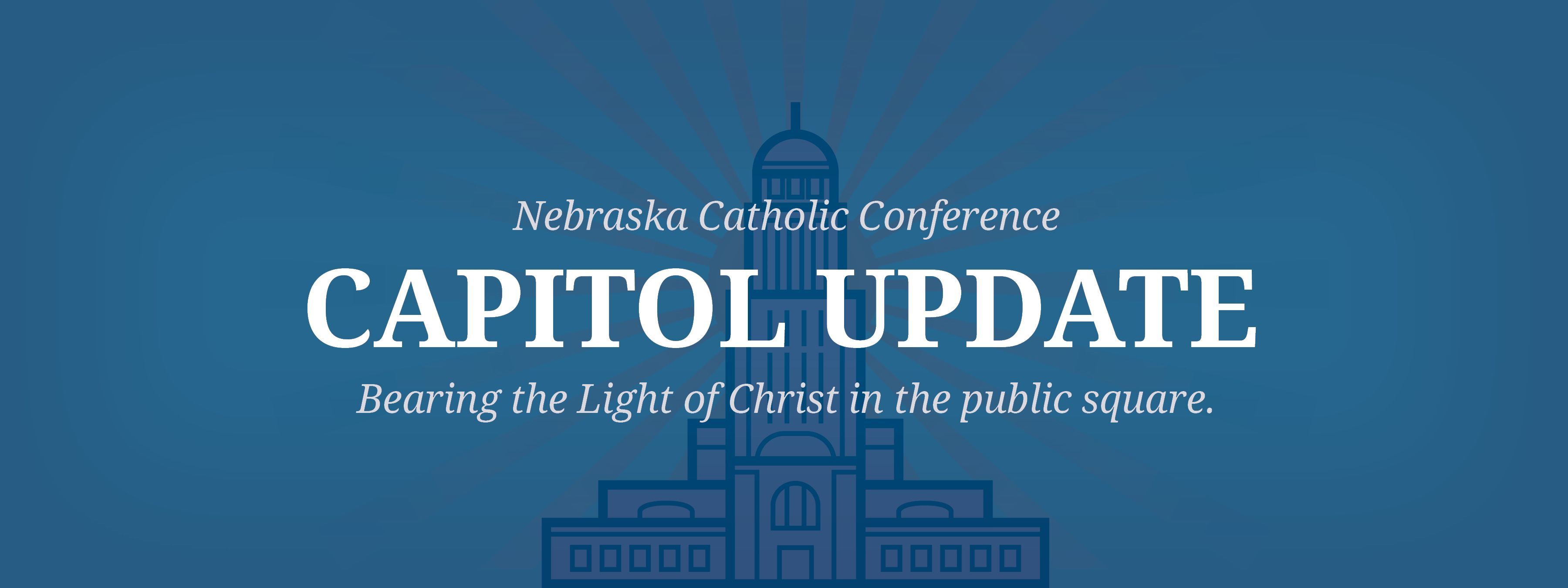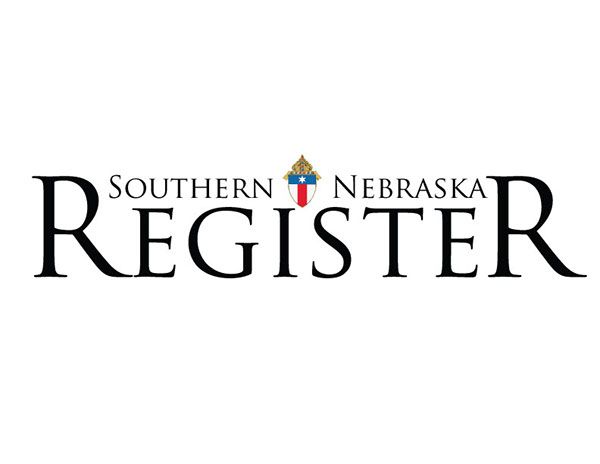In honor of the recent anniversary of his birthday, I’d like to tell you what the first Archbishop of New York, “Dagger” John Hughes, can teach the Nebraska faithful.
Hughes was born in English-ruled Ireland June 24, 1797. When he was 15 years old, his sister died. Because the British would not permit a Catholic burial, John smuggled in a handful of blessed dirt and sprinkled it on her grave. Historians point to this moment as an indication of Hughes’ rebellious streak. I would argue that was not a “streak,” that was his Catholic ethos.
Hughes boldly wore his faith on his sleeve through persecution, bullying, immigration to the United States, and to notoriety as an advocate for immigrants, the poor, and Catholic education. Most notably, Hughes fought for the rights of impoverished families who wished to gain access to Catholic education.
In a previous column, Tom Venzor wrote about the repeal effort of LB753 “Opportunity Scholarships”: “There have been many arguments against school choice policy in Nebraska over the years, and nearly all of these arguments have been rooted in some falsehood, deliberate misinformation, or an attempt to smear Catholic schools.” The good archbishop would agree wholeheartedly with Tom’s assessment, and Hughes’ life is instructive for Nebraska Catholics.
Archbishop Hughes devoted his life to calling out the hypocrisy of those denying opportunity to the poor and working class. When government-funded schools forced children to learn the Protestant Bible, he called for school choice. When Nativists and the government tried to end Catholic schools in New York, he ordered that even more be built. He proclaimed that the future of the Church in America was Her schools: “We must build our schools first, then the Church.”
What would Hughes think of the effort by many in Nebraska public education to take opportunity away from countless vulnerable children? How would he respond to efforts to repeal Opportunity Scholarships for vulnerable children by collecting signatures with lies?
First, he’d call the faithful (you!) to action. He’d exhort that now is the time to step forward. Remember, this is the man who responded to anti-Catholic bigotry and persecution by building more schools in the face of opposition.
Next, he’d expose the obfuscations and lies by the opposition:
> LB753 does not take money from public schools. It’s a tax credit for private donors. Note also that Nebraska public schools will receive historic funding increases that will push the cost of public education to more than $14,500 per student annually.
> LB753 does not benefit the rich, it just incentivizes any-one to donate scholarship dollars for the poor and vulnerable.
> The lie that Catholic schools are not accountable is absurd. Catholic schools are accredited or approved by the state and, most importantly, they are accountable to parents.
> The claim by opponents that our schools discriminate ignores a few basic truths. First, Nebraska has some of the largest public school achievement gaps for children of color. The goal is the right school for each child, rather than an industrialized “one size fits all” approach that does not work for all. Next, public schools often deny children enrollment from one district to another. Lastly, American history shows that the first schools to integrate and take kids with special needs were Catholic.
> LB753 does not fund private schools, it provides scholarships to kids who pick their school.
> Recently opponents have made the strange claim that there aren’t enough nonpublic schools in Nebraska so we shouldn’t give access to any. The fact is, 89 of 93 Nebraska counties send kids to nonpublic schools. And hey, if that doesn’t win the argument I’d offer “Dagger’s” approach: Great, let’s build more!
> Twenty-six programs like LB753 in other states have provided over 30 years of data showing savings to their states. The faulty argument that Nebraska is hurt financially by giving parents education choice is laughable at two levels: first, it’s just not true; secondly, no one should put a price on empowering parents.
Finally, Archbishop Hughes would organize. He’d encourage the faithful to keep kids first (www.keepkidsfirstnebraska.com), to decline to sign these harmful petitions, and to be bold in fighting the lies – speak out and step up. The consequences for not doing so are dire.
President James Buchanan called Hughes “one of the ablest and most accomplished men I had ever known.” President Abraham Lincoln petitioned the Vatican to make Hughes the first American cardinal. Hughes formed a Catholic school system in the middle of enemy territory, built St. Patrick’s Cathedral, founded Fordham University, and established the Irish and Catholic influence in America. Despite these huge accomplishments the final message to remember is this: it started small—with a handful of blessed dirt and a choice to be brave.







